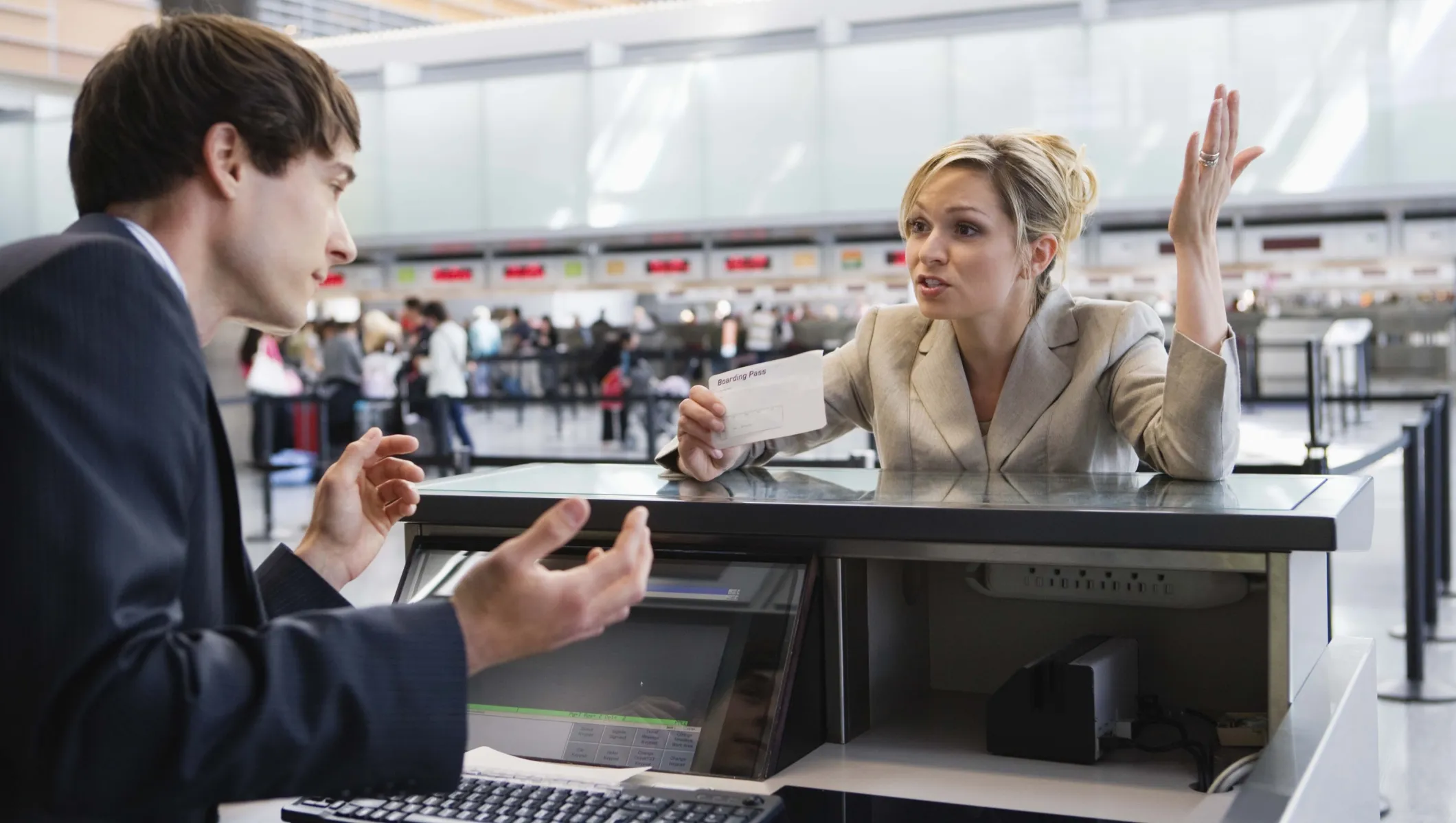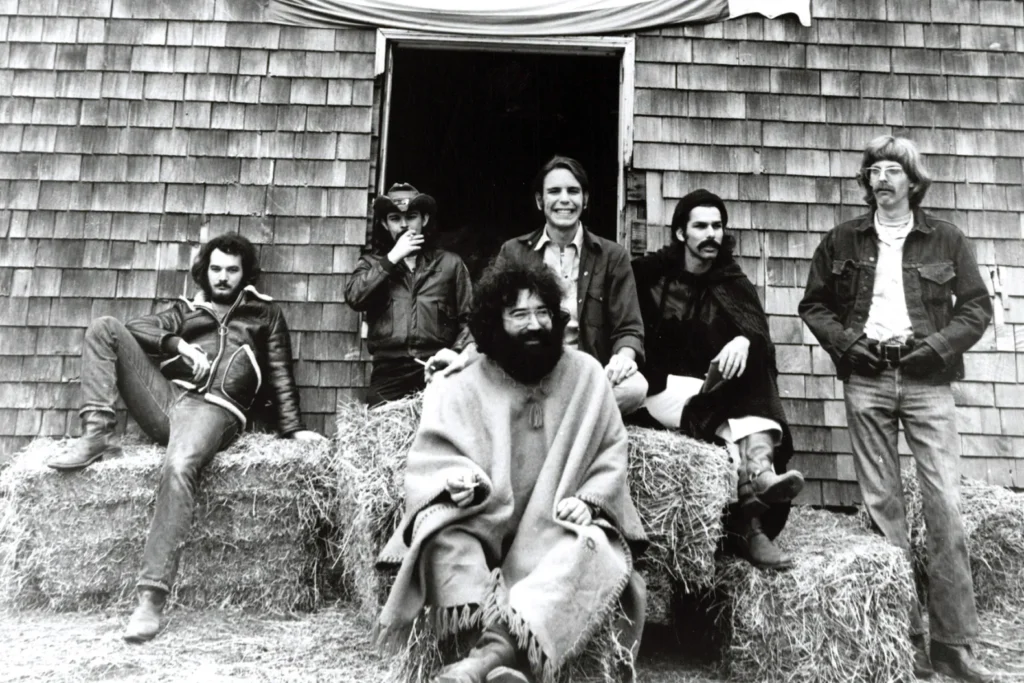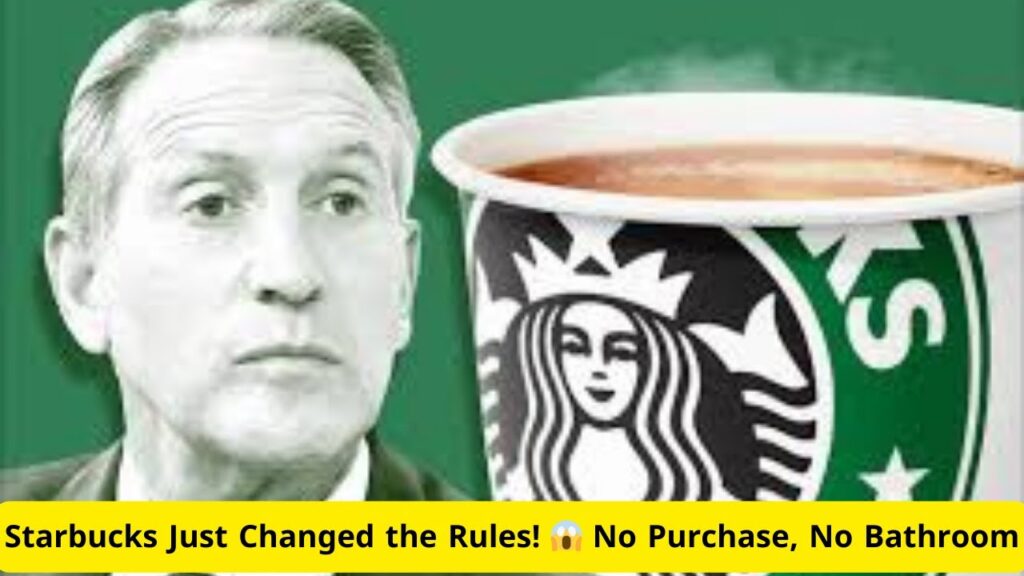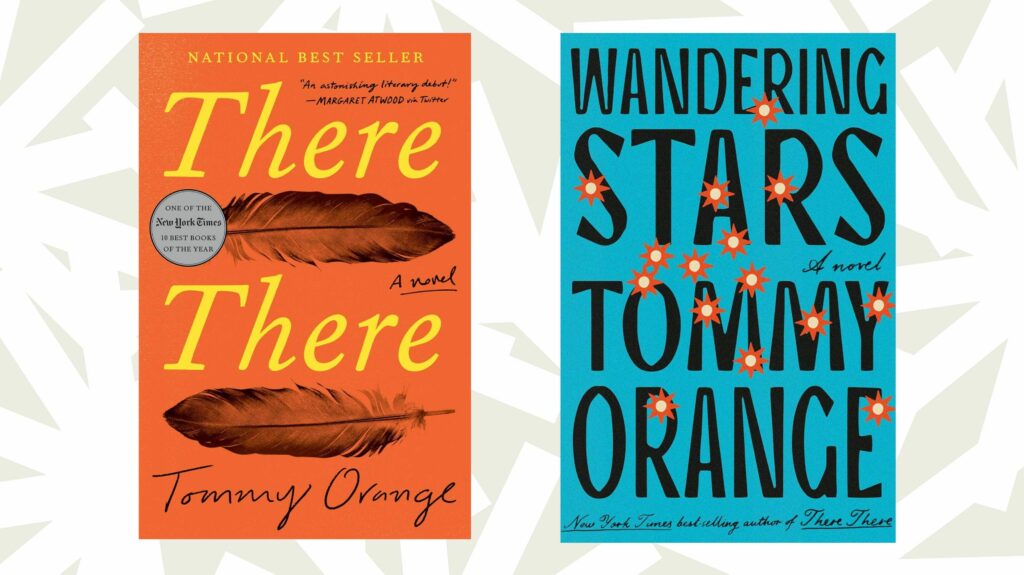 There’s a connecting thread that I’ve noticed almost wherever I go lately. Service is awful and the providers don’t seem to care. I could write a book on the slings and arrows hurled at me by retailers, banks, airlines and so many more industries over the past year or two, and I bet you can too. In addition, a great deal of qualitative research work that I I’ve done across several industries confirms both the data and my own experience.
There’s a connecting thread that I’ve noticed almost wherever I go lately. Service is awful and the providers don’t seem to care. I could write a book on the slings and arrows hurled at me by retailers, banks, airlines and so many more industries over the past year or two, and I bet you can too. In addition, a great deal of qualitative research work that I I’ve done across several industries confirms both the data and my own experience.
How’s this for an eye-popping statistic? According to NPR:
“74% of Americans say they’ve had product or service problem in the past year, according to the 10th edition of the National Customer Rage Survey, which tracks satisfaction and incivility. The incidence of problems has more than doubled since 1976.”
This worries me as a marketer and a consumer. The fact that we’ve grown more selfish and entitled over the past few decades likely contributes to this change as we expect everything to be as perfectly personalized as a half-caf, grande caramel macchiato in a venti cup, 1/3 whole milk, 1/3 almond milk, 1/3 soy milk, double the amount of vanilla syrup, whipped cream and an added shot of decaf and cinnamon sprinkled on top.
Early in my career as a brand manager in a large consumer goods company a new sales director was appointed. The country was in a deep recession, primarily caused by high interest rates aimed at taming recession. Our new sales director, well-meaning to be sure, made it his mission to ensure that our division made our profit goals for the year. As our senior sales managers from all over the country visited headquarters for our annual budget and quota meetings, he and his top lieutenants reveled in cutting sales and marketing budgets. Every meeting was characterized by the most senior, national level sales executive in the room shouting, jubilantly, “That’s a takeaway! And that’s another takeaway!”
This ill-chosen humor was my first exposure to the “doing more with less” fallacy. We made our numbers that year, but almost certainly weakened the long-term prospects of those never brands. Most languished and some did not survive. That may be anecdotal, but there should be little doubt that Takeaway Culture has become a key feature of our economy.
It’s no secret that many companies, if not most, chase quarterly profits at the expense of sustainable, long-term, well-being and profit. Most every takeaway – whether it’s the plethora of airlines cutbacks (personal space, service, food, access to customer service, ticketing flexibility and more), packaged-goods companies cutting down package size while maintaining or increasing price, or hotels offering limiting or eliminating housekeeping services – creates additional burdens and stress for consumers and front-line workers. Would you like to be a flight attendant in coach, responsible for serving 50 people cramped into spaces unfit for humans after suffering the indignities of airport traffic, long lines to check bags, bad, expensive airport food and TSA lines that seem to snake around forever?
Most egregious are companies that are still blaming takeaways on the pandemic, which the World Health Organization and the U.S. government has declared officially over. For example, a chain hotel that I’ll be traveling to for a wedding next month sent a confirmation email telling me not to expect housekeeping services. My room rate, unsurprisingly, was not lowered accordingly.
Trader Joe’s shoppers loved tasting the sample of the day and shopping while sipping a mini cup of free coffee. No more. Other examples, large and small, abound.
I experienced a larger, more personal disappointment last month. The Hotel Giraffe is a wonderful boutique hotel on Park Avenue South where I’ve been a loyal guest for well over ten years.
What I first loved about The Giraffe, pre-pandemic, were free breakfasts and happy hours served in their comfortable, airy, and natural light filled lobby. The continental breakfast was generous. There was fresh fruit salad, authentic New York bagels and cream cheese, hardboiled eggs, lots of pastries and a variety of breads that could be toasted. Great coffee, including a major league espresso/cappuccino machine. Happy hour featured wine, cheese, and other small snacks. Just as important as the food was the lively buzz in the lobby. People from all over the U.S. and the world stay at The Giraffe, so the crowd was always interesting and lively with a mix of families, businesspeople, and the occasional celebrity.
When they reopened after the pandemic the breakfast was much smaller and happy hour had been eliminated. When I arrived last month for another visit both were completely gone.
Now it’s just another hotel that will soon need some freshening up.
Make no mistake, this isn’t just about good service. It’s about the role of humanity and “high touch” as well. Something has to give. Sadly, consumers seem to be going along with takeaways at present, tacitly accepting a bar that keeps getting lower.
Acknowledging that automation/human free interactions are often desirable (ATM’s or relatively service-free electric vehicles, e.g.), I’m having trouble envisioning how cutbacks, especially those that minimize human contact, will lead to satisfying consumer/brand relationships in the future. Maybe things will be better in the Metaverse.



